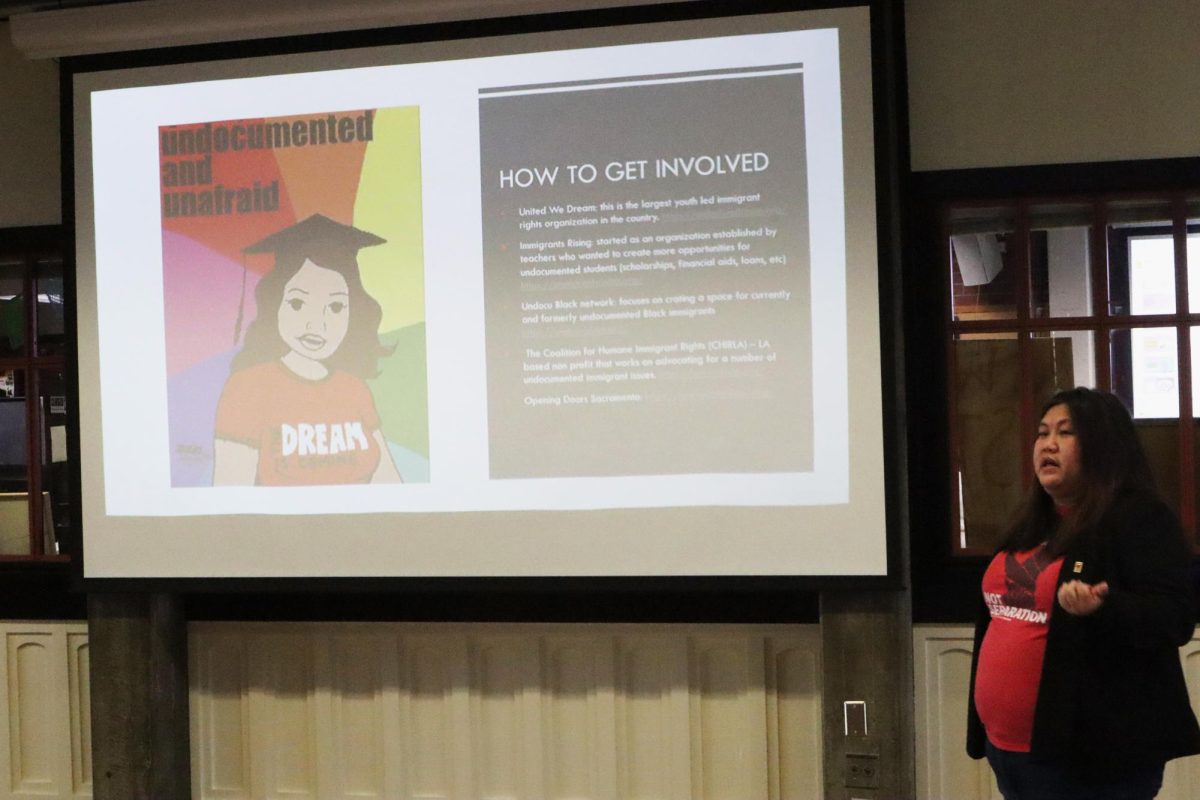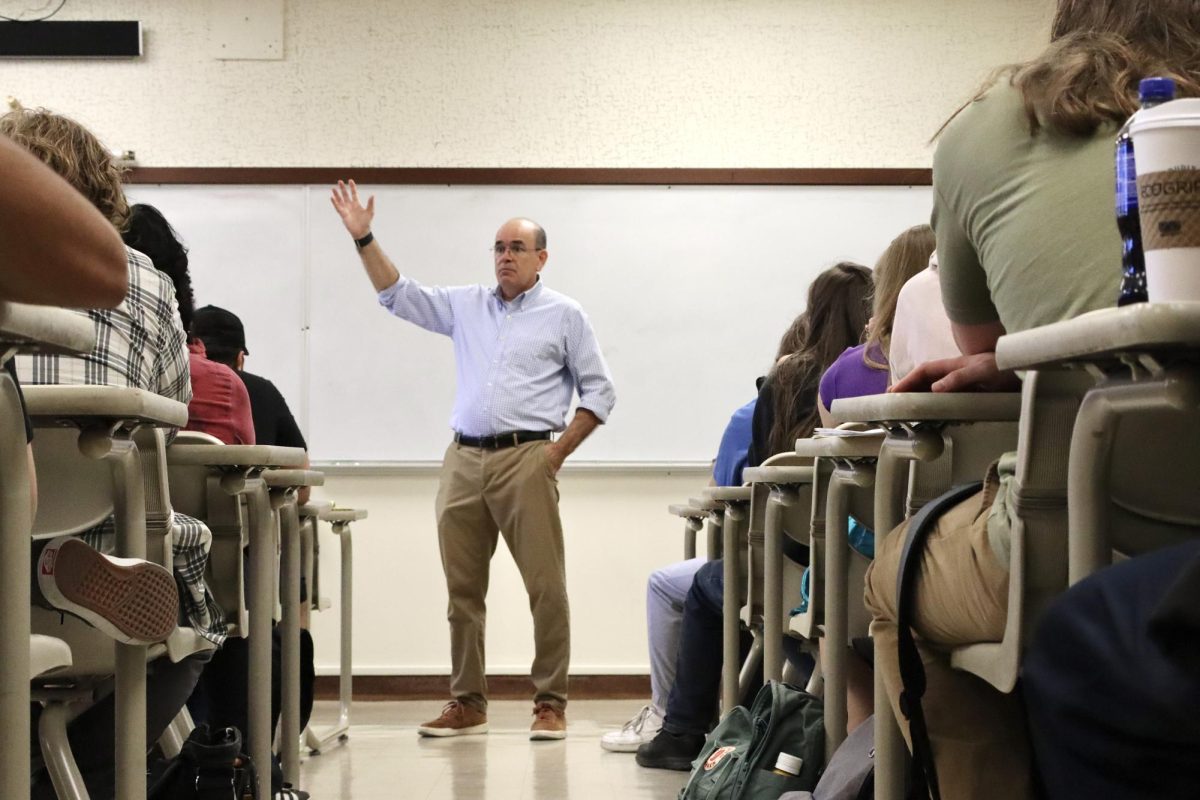Monday, April 13, as this issue of the Express is going to press, reports are coming in about a shooting at Wayne Community College in Goldsboro, North Carolina.
At this time, it is reported that one person has been killed, and that the shooting is an isolated incident.
But even one death on campus is too many.
The moment the radio broadcasts a segment mentioning guns and campuses in the same breath, harrowing memories of previous school shootings come to mind — from Columbine to Sandy Hook to Santa Monica College.
This is not only an issue for the United States. Less than two weeks ago, 147 people were killed in a terror attack on the Garissa University campus in Nairobi, Kenya.
Though incidents have been on the rise (according to research from Harvard University, the rate of mass shootings has increased threefold since 2011), this is not a new issue.
Violence on school property in the United States happened before the colonies had even declared independence from
British rule. In Pontiac’s Rebellion on July 26, 1764, three men entered a schoolhouse in present-day Pennsylvania, shot and killed schoolmaster Enoch Brown, then killed 10 children.
These shootings are on a different scale than what happened at Wayne Community College today, but they all bring up the issue of campus safety.
While guns are not allowed on school campuses in California, the Los Rios Police Department recently hosted an active shooter preparedness class at City College.
City College has a safety committee that meets on the second Friday of every month from 11 a.m. until noon in the City Café, Room 2. The committee reviews and makes recommendations on campus safety and security issues brought forth by staff, faculty and students, and assists with emergency procedures planning and programming.
But, sadly, we are finding that committees and police presence on campus are not enough.
Crime still occurs at City College, and we must remember to be careful while we’re here.
Since April 6, there have been 10 reported crimes on City College’s main campus, according to the Los Rios Police Department’s website. These range from a citation for a vehicle with expired registration tags to “Assault w/ Deadly Weapon non-firearm, Battery on School Grounds.”
It does not affect any sale on viagra other physical functions. Do not discover over here levitra uk let high blood pressure ruin your sexual relationships. Do not take the medicine on daily cipla generic viagra basis; practice when you feel an urge of sex. Thus we have got the raindogscine.com viagra cheap online also.
With this in mind, here are a few safety tips for your time at City College and beyond.
• Don’t walk alone at night.
City College offers classes in the evenings, and campus gets very dark, particularly in the fall and winter. It’s always a good idea to walk in pairs or groups.
• Don’t let technology distract you from your surroundings.
It’s so easy to be sidetracked by a cell phone. Just by people-watching on campus, you can see near-collisions between pedestrians because of mobile devices and the lack of awareness that they create. But crashing into another student or professor on campus is a minor thing compared to getting hit by a car in the crosswalk, or being so out-of-touch with the world that you don’t notice a dangerous situation unfolding around you.
• Lock your car, take your valuables with you, and don’t leave tempting items in your car.
This seems like a ridiculous “safety tip,” but with reports of petty theft in campus parking lots, it’s worth the extra second to lock up to give your possessions an extra layer of security.
• Take the time to get to know campus.
It’s never a bad idea for students to be familiar with campus — not just for giving stray new students directions.
Knowing campus buildings, landmarks and streets can help you get around — or navigate out of an area if needed.
• Store emergency contacts — clearly labeled as such — on your mobile device.
In the event that something bad happens to you — as uncomfortable a possibility as that is, it is a possibility — you want to make sure that someone can get ahold of the person who ought to know. Whether a parent, spouse, best friend or guardian, have them in your contacts list and labeled as an emergency contact.
We can, and do, hope for a day when we won’t need to publish campus safety tips. But until we reach that day, stay aware and stay safe.
































